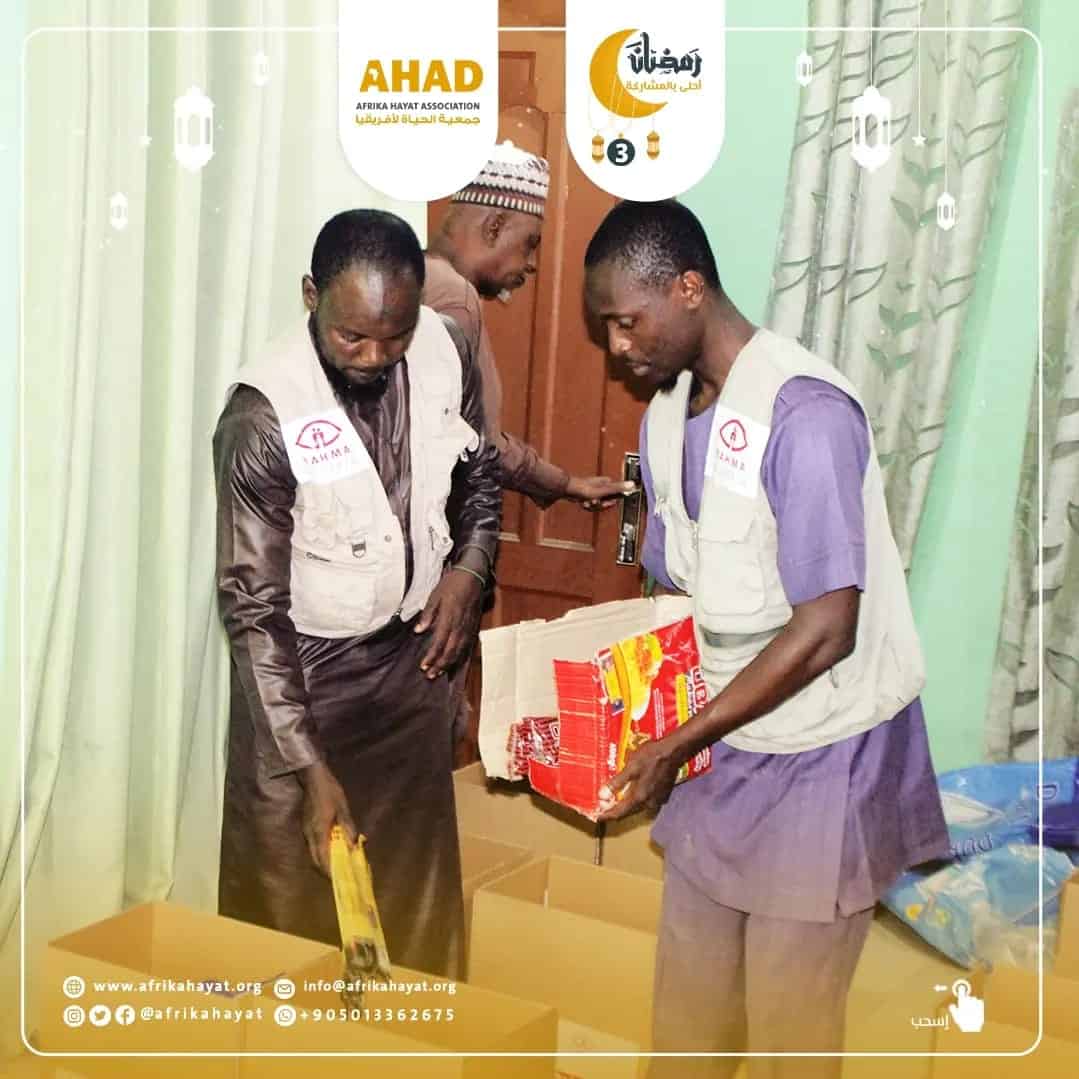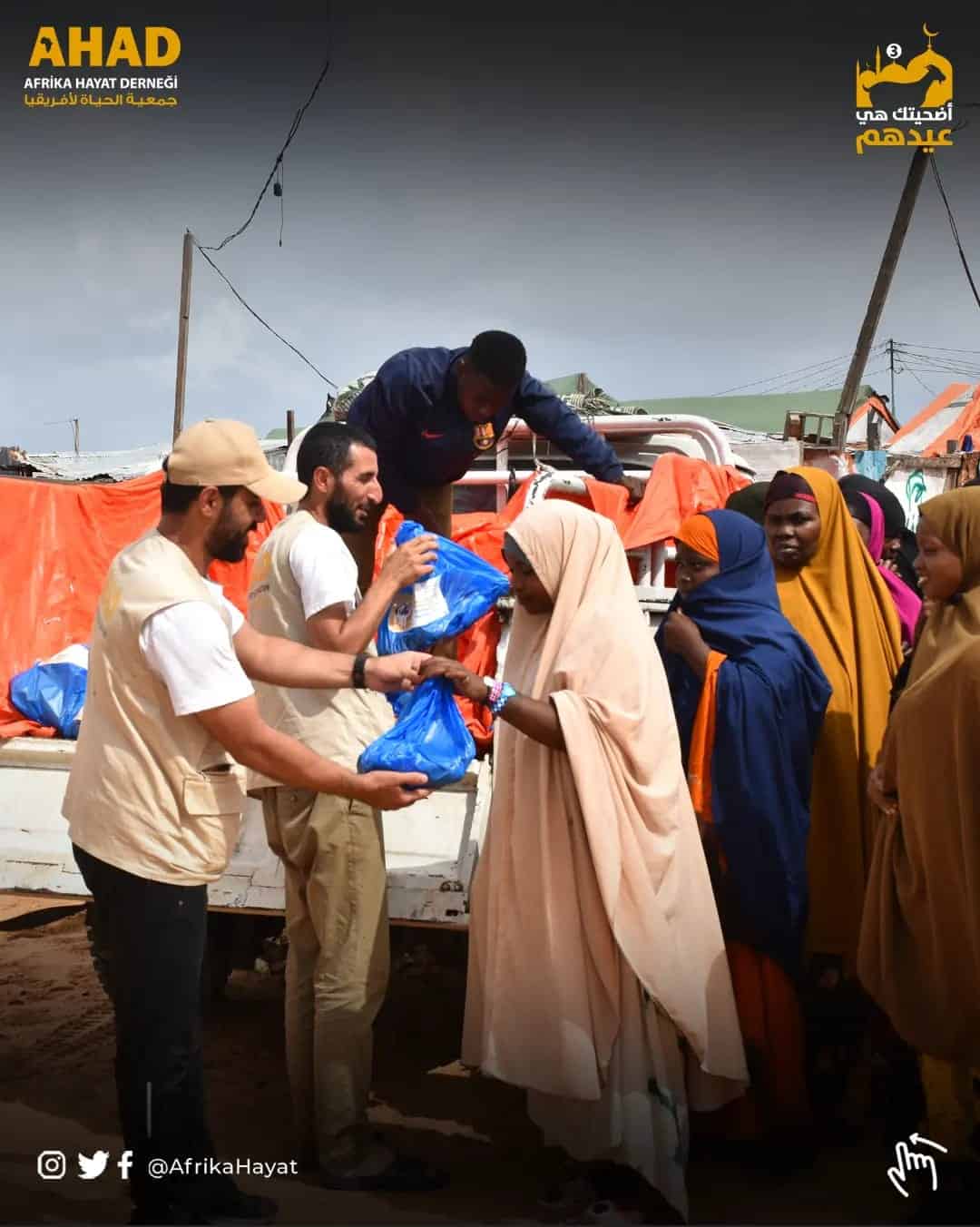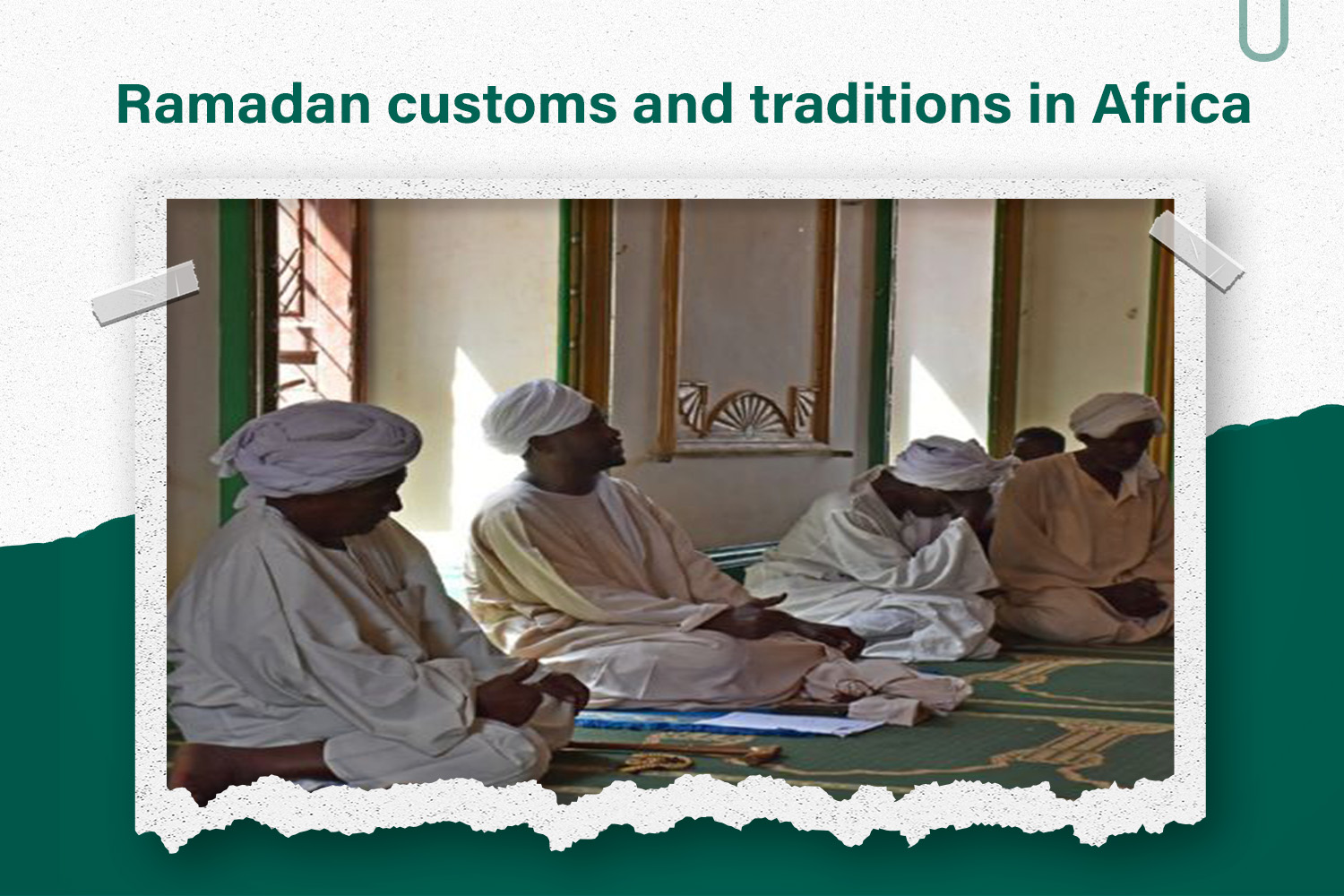Breakfast traditions in Africa are distinguished by their diversity and cultural distinctiveness. Having breakfast in Africa is an important opportunity for a family gathering and catering for guests. Breakfast traditions in Africa include traditional dishes such as couscous and tagine, and homemade dishes such as avocado and Pando.
Breakfast is eaten in Africa at sunset.
Many Muslim families in Africa prefer to prepare meals rich in protein and vegetables to give energy and strength to fasting people.
It is customary to use local spices in the preparation of breakfasts in Africa to give food a unique flavor and delicacy.
The traditions of breakfast in Africa are an opportunity for social exchange, strengthening family and social ties in society.
Traditions of eating breakfast in Africa
The traditions of eating breakfast in Africa are of high importance in the holy month. Breakfast in Africa is an opportunity for a family gathering, an exchange of conversations and laughter. Varied and delicious meals are prepared, including traditional dishes such as soups and local desserts. Guests are also served food that reflects the generosity and African hospitality.

The importance and habits of preparing breakfast in Ramadan
Preparing breakfast in Ramadan is of great importance in Africa. This custom is considered an opportunity to strengthen family communication and to strengthen the community spirit. Delicious meals are prepared, including traditional dishes and local desserts. Serving food to guests is considered part of the African tradition of generosity and hospitality. Care is also taken to ensure that meals are healthy and nutritious for the family.
Traditional Ramadan activities
Traditional Ramadan activities in Africa are very popular and are distinguished by their expression of the cultural and religious heritage of the continent. These activities include the participation of families and neighbors in the preparation and distribution of food to those in need. Tarawih prayers and recitation of the Holy Quran are also held in mosques and in homes. There are also religious competitions and charity events held during Ramadan.
Manifestations of the celebration of Ramadan in Africa
The manifestations of the celebration of Ramadan in Africa reflect the diversity of cultures and traditions that exist on the continent. The celebration of Ramadan in Africa is characterized by the holding of competitions and religious activities such as reciting the Koran, fasting and Taraweeh prayers in mosques. Families are also very important in the celebration of Ramadan and visits and eating are exchanged with relatives and neighbors. These manifestations reflect the values of solidarity and community participation on the African continent.
Ramadan activities on the African continent
The African continent has special activities that take place during the month of Ramadan. One of these special activities is the organization of religious competitions such as memorizing the Koran and religious lectures. It also organizes weddings, social parties, entertainment events and heritage competitions. The month of Ramadan in Africa is famous for Traditional Music, Folk Performance and traditional Arabic arts. These activities form part of the distinctive cultural identity of the African continent.
Traditions of worship and prayer
Africa has a unique tradition of worship and prayer during Ramadan. Muslims gather to perform prayers in mosques and chapels, they read the Holy Quran and supplications. Religious sessions and Islamic lessons are organized to promote spirituality and closeness to Allah. Ramadan is an opportunity to strengthen worship, increase tolerance and positive communication in Africa.Read More Here
Prayer and worship habits during Ramadan
Africa has a unique tradition of worship and prayer during Ramadan. Muslims gather to perform prayers in mosques and chapels, they read the Holy Quran and supplications. Religious sessions and Islamic lessons are organized to promote spirituality and closeness to Allah. Ramadan is an opportunity to strengthen worship, increase tolerance and positive communication in Africa.
Traditions of worship and tolerance in Africa
Africa has a unique tradition of worship and tolerance during Ramadan. Muslims perform joint Tarawih and Tahajjud prayers in mosques, participate in charity work and provide assistance to the poor and needy. Tolerance and forgiveness are one of the key concepts of Ramadan in Africa, as Muslims strive for positive communication and coexistence with local community members and immigrants.
Ramadan food and drinks
Ramadan food and drinks in Africa are distinguished by their diversity and cultural distinctiveness. A variety of traditional Ramadan dishes are prepared such as grilled fish, couscous, tagine. It is also preferable to consume fruits and cold drinks such as natural juices and yogurt. Ramadan meals are an opportunity to try different flavors and share them with friends and family at iftar and Suhoor.
Traditional dishes and desserts during Ramadan
The month of Ramadan in Africa is characterized by serving delicious and nutritious traditional dishes and sweets for iftar and Suhoor. From the famous dishes we find couscous, tagines of various kinds, grilled fish. As for sweets, the continent of Africa is famous for serving maamoul, fried tortillas and Manna. These dishes are masterpieces that reflect the local culture and Ramadan experience in Africa.

The diversity and excellence of Ramadan drinks in Africa
Africa is characterized by the variety and excellence of Ramadan drinks served during the month of Ramadan. These drinks include refreshing natural juices and traditional hot drinks such as tea and coffee. It is also famous for preparing special drinks such as dandelion juice and mint grapefruit juice. Ramadan drinks in Africa are a symbol of hospitality and welcome to visitors and guests in this blessed month.
Social principles and values
Important social principles and values in Africa are highlighted in Ramadan. During this month people learn the values of tolerance, giving and solidarity. Social relationships are strengthened and people are encouraged to help others and share food with the poor and needy. Ramadan becomes an opportunity to strengthen social cohesion and strengthen fraternal ties between people.
Ethics and social values that stand out in Ramadan
In Ramadan, morality and important social values stand out in Africa. During this month people learn the values of tolerance, giving and solidarity. Social relationships are strengthened and people are encouraged to help others and share food with the poor and needy. Ramadan becomes an opportunity to strengthen social cohesion and strengthen fraternal ties between people.
The impact of Ramadan on social relations
Many traditions and customs of Ramadan are associated with the strengthening of social relations in Africa. People are encouraged to visit their relatives and neighbors, offer congratulations and blessings. Families also prepare joint breakfasts and share them with neighbors and friends. These initiatives strengthen social ties and strengthen the interconnection of individuals in society.
Celebrations and cultural gatherings
Many countries in Africa experience large celebrations and cultural gatherings during Ramadan. Festivals and cultural events are organized, which include musical performances, entertainment activities and family gatherings. This month is an opportunity to share with others and learn about their heritage and culture. Such celebrations and gatherings serve to strengthen social ties and communication between individuals in society.
Events and social gatherings during the month of Ramadan
Many countries in Africa experience large celebrations and cultural gatherings during Ramadan. Festivals and cultural events are organized, which include musical performances, entertainment activities and family gatherings. This month is an opportunity to share with others and learn about their heritage and culture. Such celebrations and gatherings serve to strengthen social ties and communication between individuals in society.
The role of Ramadan in promoting cultural communication in Africa
The month of Ramadan is an important opportunity to strengthen cultural communication in Africa. People share the traditions and customs of Iftar and prayer with each other, which promotes mutual understanding and respect for different cultures. Events and festivals are organized that express the diverse heritage of the African peoples, which contributes to strengthening cultural ties and promoting understanding and peaceful coexistence between people.
You can visit the Ahad Association website to see more projects
Related articles:
Social and economic benefits of Zakat
Join us in our message by donating




